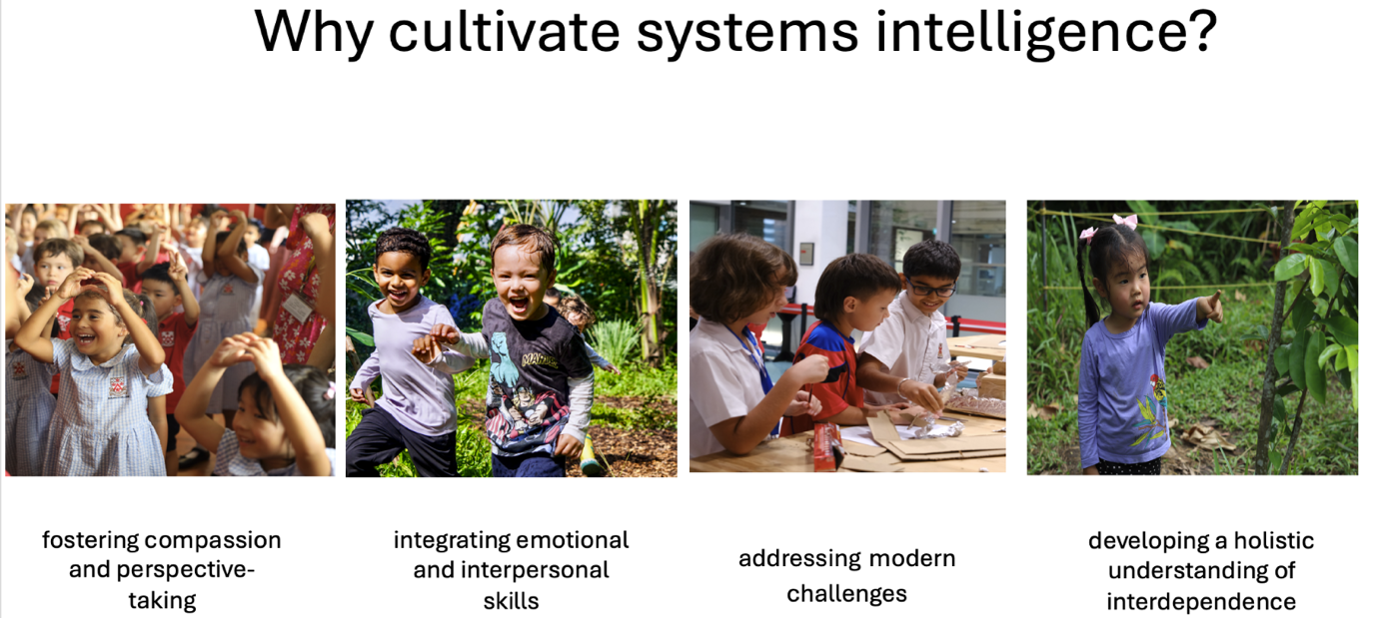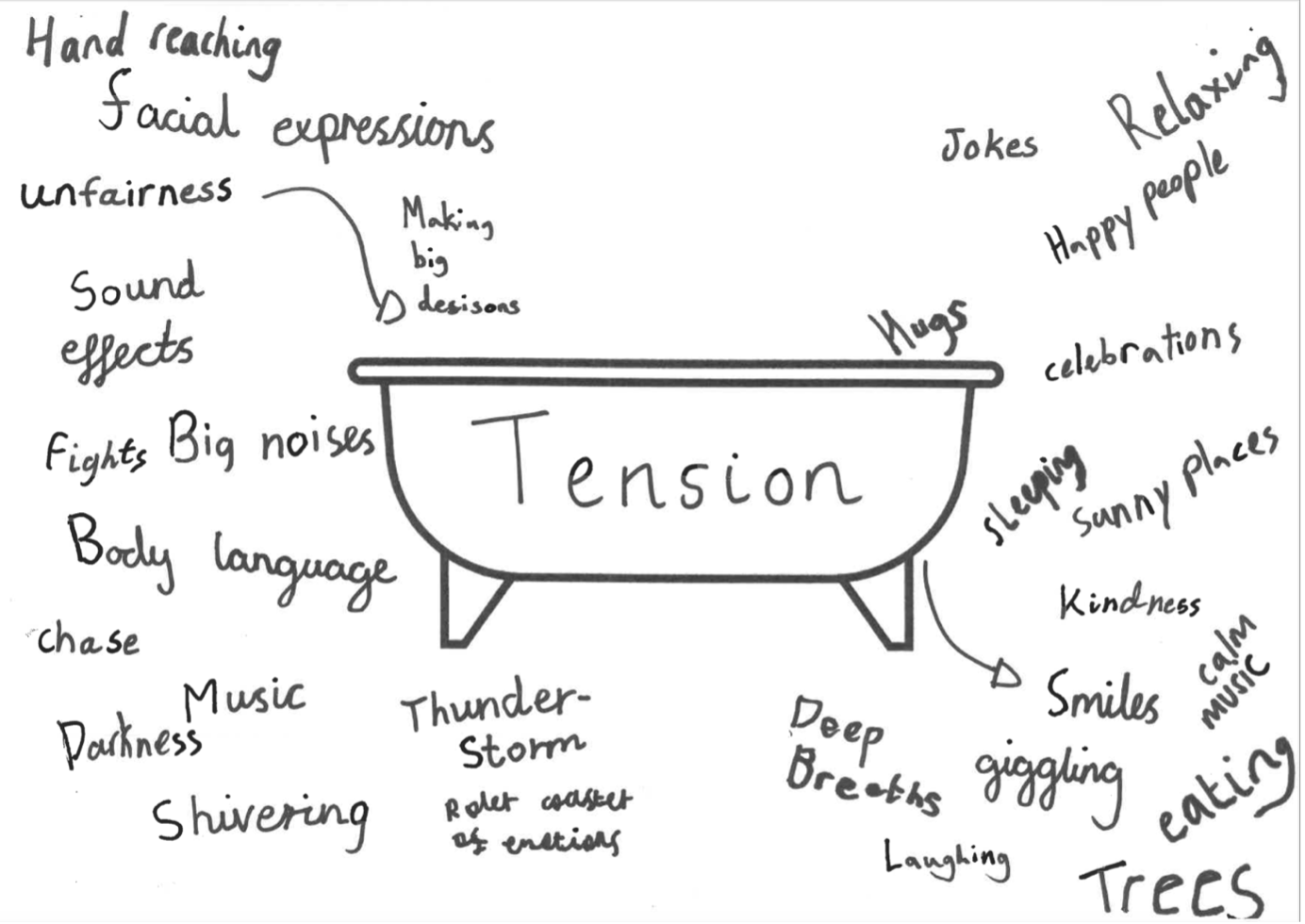Visiting Massachusetts Institute of Technology to Celebrate Students' Success
Two weeks ago, the 2025 MIT Systems Awareness Lab Conference brought together researchers, practitioners, and community members to share their work in systems change and educational transformation. Representing Dulwich College (Singapore), Jacob Martin (Deputy Head of College) and Charlotte Ruddy (Assistant Head of Junior School) presented the compassionate systems work that has been ongoing for the past six years. Our College was the centre of attention at this prestigious gathering, and we are very proud of our place in leading this global educational initiative.
A significant highlight was showcasing the impact of these approaches on student wellbeing and learning, using the voices of the students themselves. It was also announced that this work, along with contributions from others worldwide, will be featured in an upcoming academic paper. This paper will discuss how to preserve the innate systems intelligence of young people throughout their educational journey.
The presentation included extracts that highlighted children's feelings about the check-in process.
Checking In at Dulwich College (Singapore)
Checking in is a crucial part of the Compassionate Systems Framework, offering students and teachers the opportunity to explore their humanity and form real personal connections. Basic systems thinking tools, such as the Behaviour over Time Graph and the Stock and Flow tools, were also demonstrated for students of all ages. Even as young as DUCKS. Not something that has really been seen before with systems thinking tools.
The forthcoming paper aims to emphasise the importance of helping children and young people develop systems intelligence, which is often overlooked in traditional education.

Instead of focusing solely on technical subjects and narrow approaches, it suggests that education should also teach students about personal, social, and ecological connections. Inspired by Daniel Goleman and Peter Senge's book The Triple Focus (2014), this broader perspective enhances social and emotional learning (SEL) and overall learning.
Real-life examples, such as young children using Stock and Flow Diagrams and Behaviour over Time Graphs, were included to show how natural this way of thinking can be.
 Behaviour over Time Graph
Behaviour over Time Graph
 Stock and Flow Diagram
Stock and Flow Diagram
The goal is to place systems intelligence within the context of new educational ideas and discuss how it can help address today's societal challenges. This educational approach helps students understand the interconnectedness of the world and empowers them to tackle global issues.
To learn more about the Compassionate Systems Framework, please visit Compassionate Systems Education and follow the Centre for Systems Awareness on LinkedIn.





